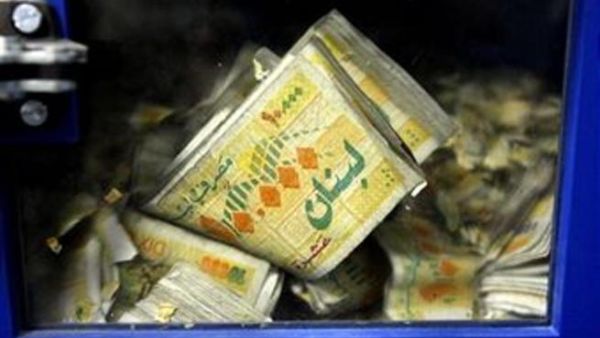Central Bank Governor Riad Salameh said Friday that Lebanon’s inflation rate would climb with any wage hike, adding that a recently abandoned proposal for increasing salaries would have drive inflation up to 10 percent from the current 6 percent, in remarks cited by his office in Beirut.
Speaking at a conference in Paris to mark Lebanese Banking Day, the governor stressed that plans to increase wages should be coupled with reforms to boost the economy. However, the governor warned that reforms would not materialize if political detente was absent between the various Lebanese groups.
The government of Prime Minister Najib Mikati has been forced to reconsider a salary package it offered to both private and public sector employees after the State Shura Council rejected the plan, saying it runs contrary to Lebanese Labor Law. Among the main duties of the Central Bank is to keep inflation at acceptable levels. But many economists doubt the Central Bank’s inflation estimates, claiming that inflation is far higher than 6 percent based on the soaring prices of consumer goods over the past three years.
Salameh also commented on the performance of Lebanese banks and the capital market law which was approved by both the Cabinet and Parliament. “The Lebanese Cabinet has recently approved a new law to organize the financial markets. The Central Bank will chair the board of directors of the financial markets to ensure that the commercial banks will not take part in these markets. Only investment banks, financial houses and financial brokers will be allowed to deal in these markets,” Salameh said. But he cautioned that financial instruments have caused huge loans to the banks and for this reason the Central Bank insists on policies that prevent any bank from going bankrupt.
He added that the capital adequacy ratio among Lebanese banks has reached 7 percent and this is the ceiling required by the international standards. “But as a precaution, we will discuss this ratio with the banks to raise it to 12 percent. The problem which was facing the banks is due to the real estate sector and stock exchange in general. The Lebanese banks can focus on these two sectors provided real estate companies and bourses secure 40 percent of the funding as well as 50 percent of any capital,” the governor explained.
He praised Lebanese banks for adopting wise measures concerning allowances and distribution of dividends because this will allow for bigger private equity and higher capital adequacy ratio. “Increasing the capital adequacy ratio from 7 to 12 percent will induce us to exercise bigger control. Lebanese banks are deeply committed to the implementation of the international criteria,” Salameh added. He also reiterated Lebanon’s commitment to combating money laundering and terrorist financing.
“Lebanon was subjected to some rumors which were exploited by some for reasons which have nothing to do with banking and finance. We assure you that the Lebanese banking sector is sound and there is not any imminent danger,” Salameh stressed. The governor also touched on the revolutions and uprisings in a number of Arab states.
“The events in the Arab states and the European financial crisis have not affected Lebanon because our economy is already dollarized,” Salameh said.








